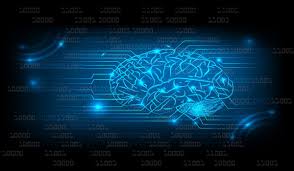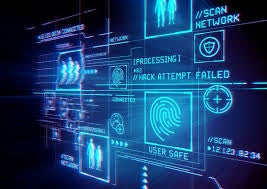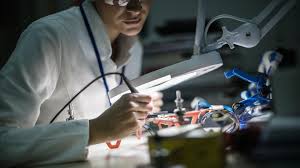In the Electrical and Computer Engineering Department, we strive for continuous improvement. We are constantly adding tools, developing new courses, and updating our curriculum so that your education remains relevant to the professional demands you’ll face as an electrical or computer engineer.
New Elective for EE Majors
ECE 412 Biomedical Instrumentation and Brain-Machine Interfaces

This course provides an overview of the techniques and instrumentation used in biomedical research and clinical medicine. Concepts from circuit theory and signal processing will be leveraged for their application to biomedical instrumentation. Biological signals and physiology will be discussed from an electrical engineering perspective. By unifying key engineering, biomedical, and neuroscience concepts, students will design and evaluate systems such as ECG, EMG, EEG, cochlear and retinal implants, and brain-machine interfaces. Students will gain exposure to recent developments in research and industry. The prerequisite for this course is either ECE 212 or ENGR 240.
New Certificates
Cyber Operations Certificate

Today’s highly-interconnected digital workplace demands new skills. Boise State is ready to help students meet the challenge with a new online Cyber Operations certificate. This new online certificate program is designed to prepare students to defend and protect information systems and networks. The high-quality, innovative cyber operations program is offered in a flexible online format. Coursework includes information assurance, defensive security, recovery and forensics, and offensive security.
Learn More
Biomedical Instrumentation Certificate

Biomedical Engineering is one of the fastest-growing fields in the United States, with a projected growth of 24% by 2024. In anticipation of rapid growth in positions for biomedical researchers in the medical device area, biotechnology, and medical supply companies, we’ve added a new Biomedical Instrumentation certificate.
This certificate is intended to bridge the gap between electrical engineering and biomedical engineering. Students will apply fundamental concepts from engineering and use them to design, build, and evaluate electrical systems used in medicine and research. We explore sensors (cochlear implants, pacemakers), signal processing (EEG, EMG, brain stimulation), and image processing (MRI, CT, x-ray), in the context of biomedical engineering.